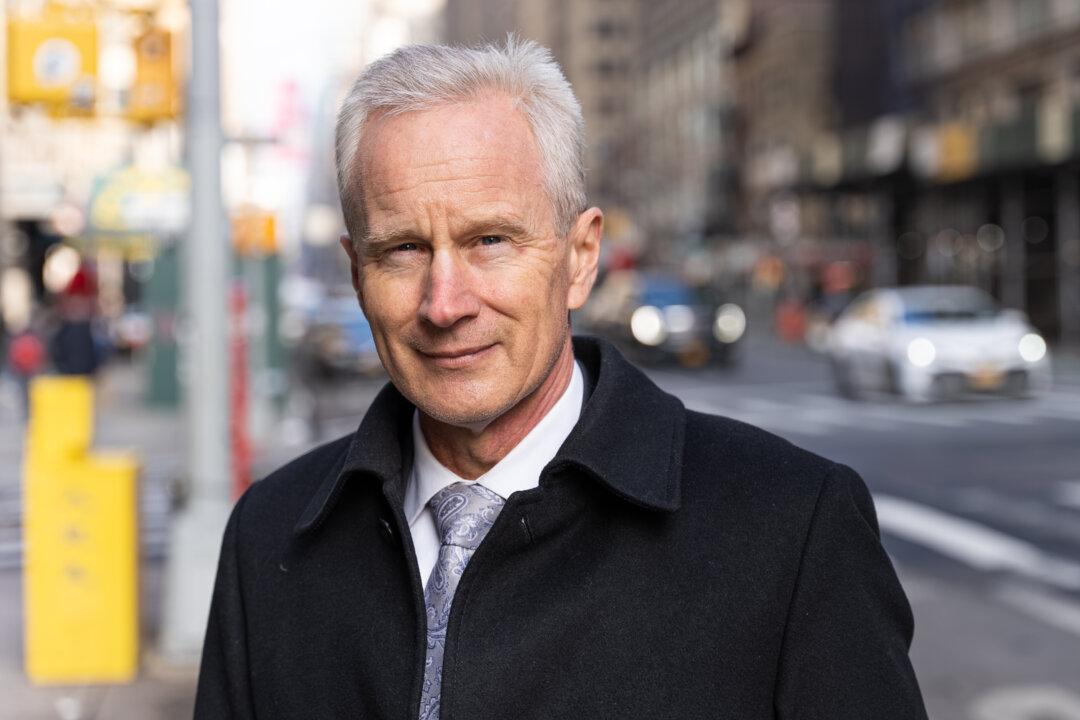Dr. Peter McCullough believes that healthy children should not be given the COVID-19 vaccine because the percentage of those children that die from the virus is minuscule, but the adverse effects of the vaccine in the same group are of great concern.
McCullough, a leading cardiologist and epidemiologist, told The Epoch Times that in 2021, 600 children died after infection from the COVID-19 virus (the previous year about 600 died from other respiratory viruses like respiratory syncytial virus or influenza), but were also known to have other severe illnesses like cystic fibrosis, lung disease, congenital heart-lung disease, or cancer.






